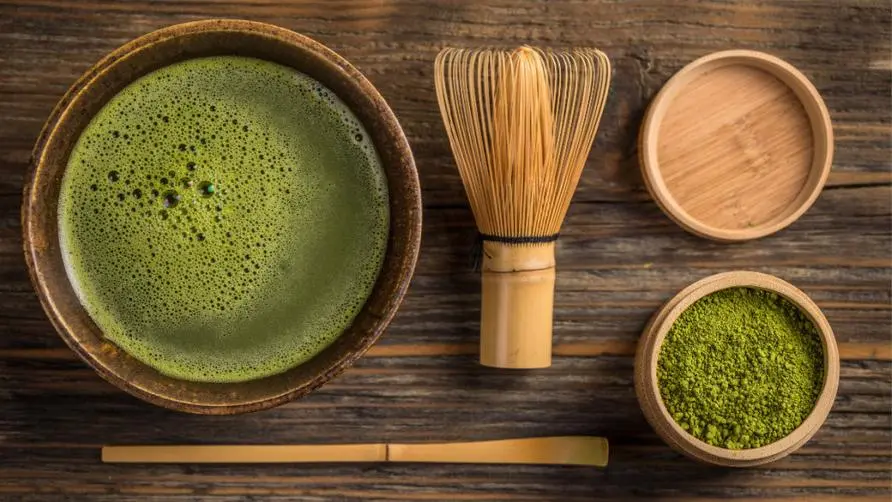Drinking green tea, black tea, and oolong tea can all help! Research shows that "four cups of tea a day can reduce the risk of diabetes by 17%"

According to statistics from the World Health Organization (WHO), there are approximately 422 million diabetic patients worldwide, among which type 2 diabetes is the most common. Academic circles have previously claimed that moderate intake of caffeine drinks such as tea and coffee can reduce the risk of diabetes and even all-cause mortality. Research published at the recent European Association for the Study of Diabetes annual meeting confirmed that consuming 4 cups of tea a day is related to preventing the occurrence of type 2 diabetes.
Are there any benefits to drinking green tea, black tea, or oolong tea? Study: “Four cups of tea a day” reduces diabetes risk by 17%
A research team from China conducted a meta-analysis on 19 studies from 8 countries and included 5,199 subjects to investigate the impact of drinking black tea, green tea, and oolong tea on type 2 diabetes. 45.76% of the subjects had the habit of drinking tea, and 10.04% suffered from type 2 diabetes during the study period. After adjusting for variables, the researchers found that tea drinkers had similar diabetes risks as non-tea drinkers.
The results after data analysis showed that subjects who drank 1-3 cups of tea a day had a 4% lower chance of developing type 2 diabetes compared with healthy people who did not smoke or drink alcohol; however, those who drank at least 4 cups a day were Participants who drank tea had a 17% lower risk of disease. The researchers noted that the findings remained the same regardless of the type of tea consumed, the gender of the subjects, and the area of residence. They believe that the results indicate that the beneficial effects of tea on preventing diabetes may be related to the total amount consumed daily.
Why tea drinking is linked to lower risk of type 2 diabetes? Dr. Kashif M. Munir, associate professor of medicine at the Center for Diabetes and Endocrinology at the University of Maryland, pointed out that tea contains catechins, polyphenols and other ingredients that are beneficial to the human body. Among them, “EGCG” (epigallocatechin-3-gallate) in catechins has been It has been proven to help reduce insulin resistance, stabilize glucose in the body, and improve the endothelial function of blood vessels.
The key lies in polyphenols, catechins and flavonoids? Multiple studies reveal “4 major advantages” of drinking tea
In addition to the preventive advantages of tea drinking against type 2 diabetes, past studies have also shown that moderate tea drinking can indeed produce certain benefits for the human body. A paper published in “Human Nutrition” pointed out that the “theanine” in tea can help promote mood stability, improve attention deficit, and prevent anxiety; multiple studies released by the U.S. National Institutes of Health (NIH) have also shown that the “theanine” in tea can “Flavonoids” have protective effects against cognitive decline, vascular dementia, and various cardiovascular diseases.
It is worth mentioning that research from Tufts University in the United States has shown that drinking tea can benefit the immune system in two ways: one is that catechins can prevent bacteria from invading host tissues and limit the spread of viruses; the other is that catechins can prevent bacteria from invading host tissues and limit the spread of viruses; The second is that tea itself has antioxidant and anti-inflammatory properties, which can help prevent excessive inflammation or tissue damage in the body after infection with the virus.
However, drinking sugar-free tea is not entirely harmless. “Clinical Case Reports” shows that excessive tea intake may lead to iron deficiency anemia; and the caffeine in tea is more likely to cause difficulty sleeping and excessive excitement. For patients with current mental illness, symptoms may occur. Worsening doubts. Therefore, it is recommended that the public consider drinking caffeine drinks to avoid the harm caused by excessive intake.
Source:
Further reading:





